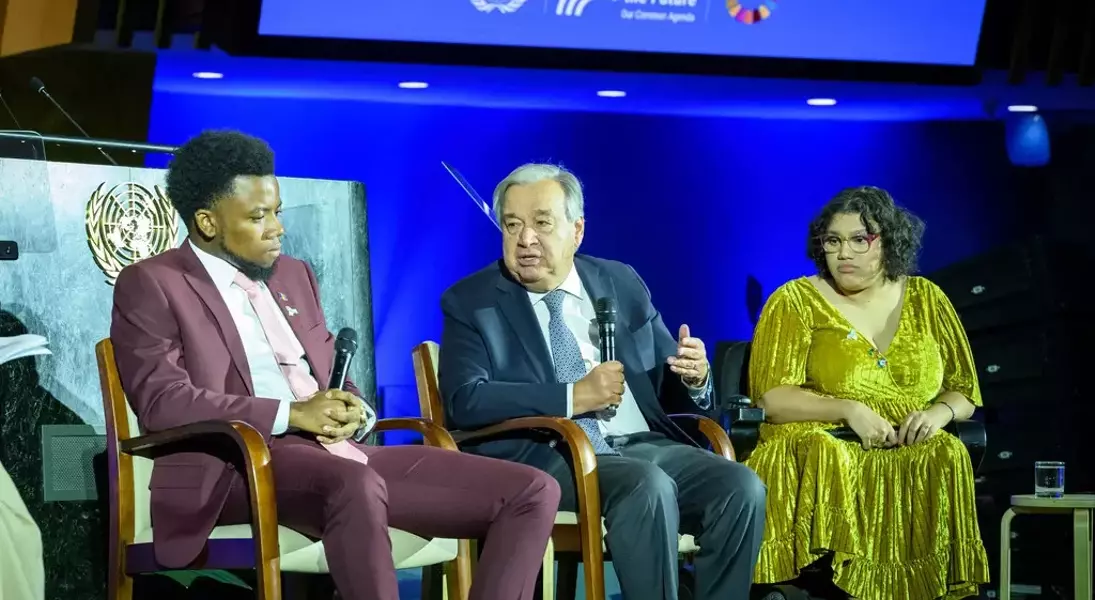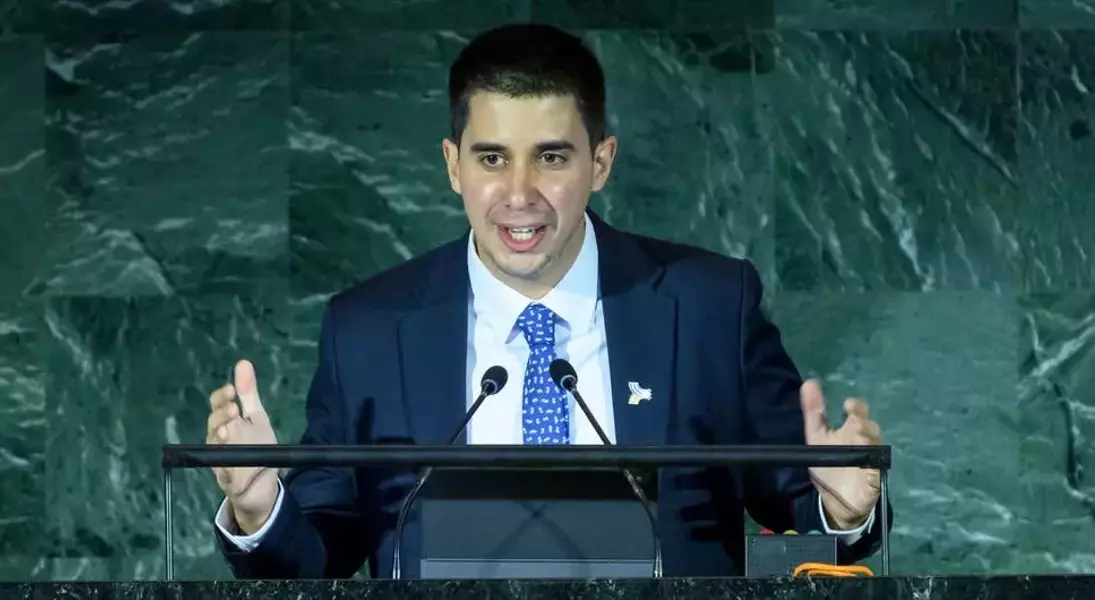Shaping the Future: Youth at the Heart of the UN Summit
Scores of youth from across the world packed into the UN General Assembly Hall, eager to be part of the two "action days" leading up to the highly anticipated Summit of the Future. This historic event, described by Felipe Paullier, the first-ever UN Assistant Secretary-General for Youth Affairs, as a once-in-a-generation opportunity to reshape the multilateral system, has placed young people at the forefront of the global agenda.Empowering the Next Generation to Redefine Multilateralism
A Paradigm Shift in Youth Engagement
Ten years ago, the idea of dedicating an official UN program day to youth would have been unimaginable. However, the Summit of the Future has ushered in a new era, where young people are recognized as integral stakeholders in shaping the global agenda. As Terry Otieno, a social advocate from Kenya and member of the Major Group for Children and Youth at the UN, noted, young people have been "instrumental in shaping the landscape" in preparation for this landmark event.Crafting a Pact for the Future
The Summit of the Future is set to adopt a Pact for the Future that covers a wide range of critical areas, including sustainable development and related financing, peace and security, science, technology and innovation, youth and future generations, and the transformation of global governance. This comprehensive agreement will also include a Global Digital Compact and a Declaration on Future Generations, signaling a commitment to addressing the pressing challenges of our time and ensuring a brighter future for generations to come.Reforming Global Institutions
The Summit of the Future presents an opportunity to examine proposals for reforming the international financial architecture and the UN Security Council, which were established decades ago when many countries were still under colonial rule. This long-overdue review aims to modernize these global institutions and make them more representative, inclusive, and responsive to the needs of the 21st century.Amplifying Youth Voices
Young people attending the Summit of the Future have expressed concerns about the persistent "tokenism" in their participation in UN affairs. A live poll conducted in the room prior to a dialogue with Secretary-General António Guterres revealed that young people believe their involvement is often more symbolic than substantive. Caleb Brathwaite, president of the Barbados Youth Development Council, echoed this sentiment, calling for concrete action, including the establishment of UN Youth Office branches worldwide.Overcoming Barriers to Engagement
Daphne Frias, a youth activist and organizer, highlighted the challenges young people face in engaging with the UN, from having their stories shared but not informing action, to encountering barriers in seeking employment with the global body due to education, language, and other requirements. She emphasized the urgent need to truly listen to her generation and ensure their voices are not only heard but also translated into meaningful change.Commitment to Reform
Secretary-General António Guterres acknowledged the growing interest and creation of mechanisms to listen to young people, but stressed that there is still much work to be done. He recognized that guaranteeing young people, civil society, and others a seat at the decision-making table requires implementing significant reforms, which he described as a central aspect of the Summit of the Future and the proposed changes to the multilateral system.The Summit of the Future, scheduled for 22-23 September, just prior to the annual debate in the UN General Assembly Hall, represents a pivotal moment in the history of global governance. As young people from around the world converge to shape the future, the world watches with anticipation, eager to witness the dawn of a new era where the voices and aspirations of the next generation are at the heart of the multilateral system.






